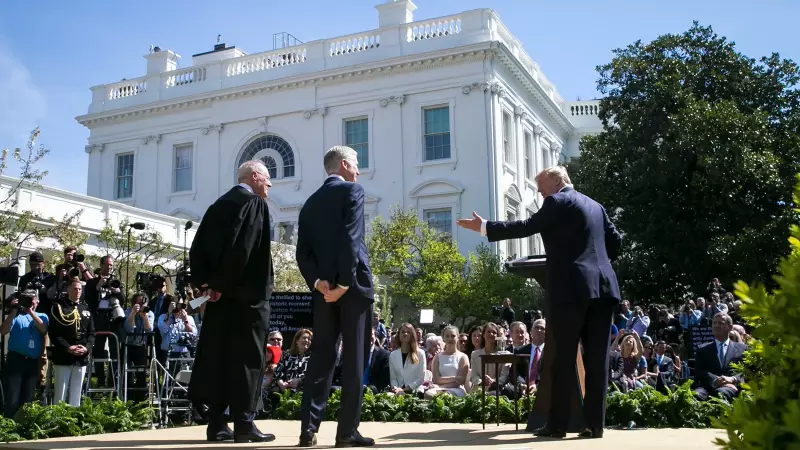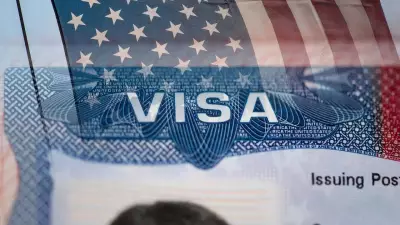
The Federalist Society, once the undisputed powerhouse of conservative legal thought in America, now finds itself at a critical crossroads. The organization that meticulously built the conservative legal landscape for decades faces an unprecedented internal crisis as former President Donald Trump demands absolute loyalty over long-standing legal principles.
The Ideological Battle Within Conservative Legal Circles
Founded in 1982 as a debating society for conservative and libertarian law students, the Federalist Society transformed into the most influential legal organization in modern American history. It championed judicial restraint and originalism - the philosophy that the Constitution should be interpreted according to its original meaning. This intellectual framework ultimately shaped three Supreme Court appointments and hundreds of federal judges.
Now, this carefully constructed edifice shows alarming cracks. The schism emerged dramatically when Trump publicly demanded that the Federalist Society publicly endorse his baseless claims about a "stolen" 2020 election. This created an impossible dilemma for an organization that had always prioritized legal philosophy over partisan politics.
Leonard Leo, the longtime leader who co-chairs the Federalist Society, finds himself particularly strained. While he remains one of Trump's most influential outside advisors, he has resisted pressure to make the organization an extension of Trump's political apparatus. This balancing act grows increasingly precarious as the 2024 election approaches.
Trump's Demands Versus Institutional Integrity
The conflict intensified throughout 2020 and 2021 as Trump expected the Federalist Society to amplify his false election claims. According to multiple sources familiar with internal discussions, Trump and his allies expressed frustration that the organization wouldn't publicly support his legal challenges, many of which lacked substantive merit.
This pressure created visible divisions among the Society's members. Some prominent conservative lawyers, including former Attorney General William Barr, rejected Trump's election theories despite their Federalist Society affiliations. Others, like former Justice Department official Jeffrey Clark, embraced positions that many legal experts considered professionally irresponsible.
The tension reflects a broader identity crisis within conservative legal circles. The Federalist Society now struggles to maintain its credibility while navigating Trump's expectation that legal institutions serve his immediate political needs. This fundamental conflict between principle and power threatens the organization's founding mission.
The Future of Conservative Jurisprudence
As the 2024 presidential election approaches, the Federalist Society faces its greatest test. Trump has made clear that he expects loyalty from every segment of the conservative movement, including legal institutions that traditionally maintained independence from electoral politics.
The organization's leadership understands that openly embracing Trump's most controversial legal theories could permanently damage its reputation. Yet resisting these pressures risks marginalization within a Republican Party that remains overwhelmingly loyal to the former president.
This dilemma extends beyond immediate political concerns. The Federalist Society's internal struggle represents a deeper philosophical conflict about the conservative legal movement's future. Should it remain committed to originalism and textualism, or transform into a vehicle for political objectives regardless of legal merit?
The resolution of this conflict will shape American jurisprudence for generations. With Supreme Court justices and countless federal judges owing their positions to the Federalist Society's vetting process, how this institution navigates the Trump era will influence the entire American legal system.
What remains clear is that the comfortable relationship between conservative legal theory and Republican politics has fractured. The Federalist Society must now choose between preserving its intellectual legacy or surrendering to the demands of a leader who views legal principles as negotiable.





